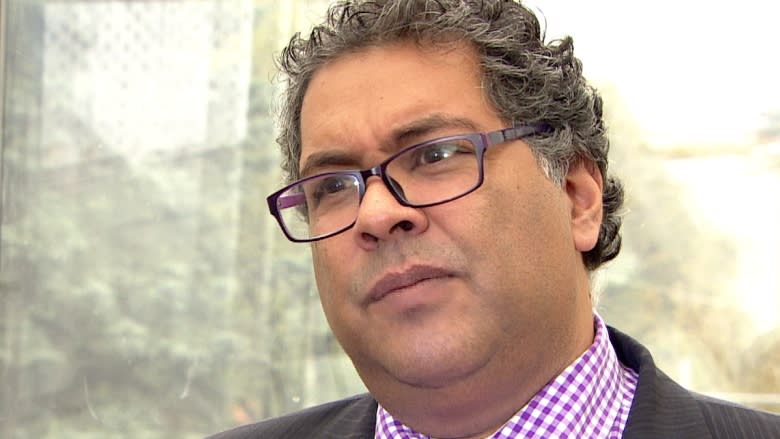Calgary secondary suite plebiscite rejected for 2017

Calgarians won't be voting directly for or against secondary suites next year, as council rejected the idea on Monday of attaching a plebiscite to the main municipal election in 2017.
Secondary suites have confounded council for years, with numerous failed attempts at reforming the cumbersome approval process which sees individual property owners — one by one — stand before the city's 15 elected representatives and ask for the legal right to build a separate living space within a basement, garage or backyard.
Monday wasn't the first time the idea of putting broad secondary-suite reform to a plebiscite has been proposed but Coun. Andre Chabot wanted to give it one more try.
"The intent is to use this as a tool, not as a deciding mechanism," he said, noting plebiscites, by definition, are non-binding.
The members of council elected in 2017 could use the results of the plebiscite to guide their decisions on the perennially controversial topic, Chabot suggested.
'Terrible idea'
But Mayor Naheed Nenshi said a plebiscite would just create more problems than it would solve for the subsequent council.
While members of council are not required to abide by the outcome of plebiscite, the mayor noted they are legally required to remain "amenable to persuasion" on land-use matters, which includes secondary suites.
That makes a plebiscite a "terrible idea," Nenshi said, because it would set up an expectation among Calgarians that their vote on the issue would have more of an influence than it actually would.
After a short discussion, council voted against having a plebiscite by a 9-6 margin.
Along with Chabot, Couns. Peter Demong, Sean Chu, Joe Magliocca, Shane Keating and Ray Jones voted on the losing side.
'Let's do our job'
Coun. Druh Farrell, who voted with the majority, said plebiscites are not good tools in all situations.
"They simplify questions, sometimes very complicated questions — and suites are complicated — down to a simple yes or no, and it eliminates the nuances," she said.
"Council is elected to make tough decisions," Farrell added. "Let's do our job."
A plebiscite could have added as much as $390,000 to the cost of the 2017 election, council heard, depending on how much related advertising was done.


